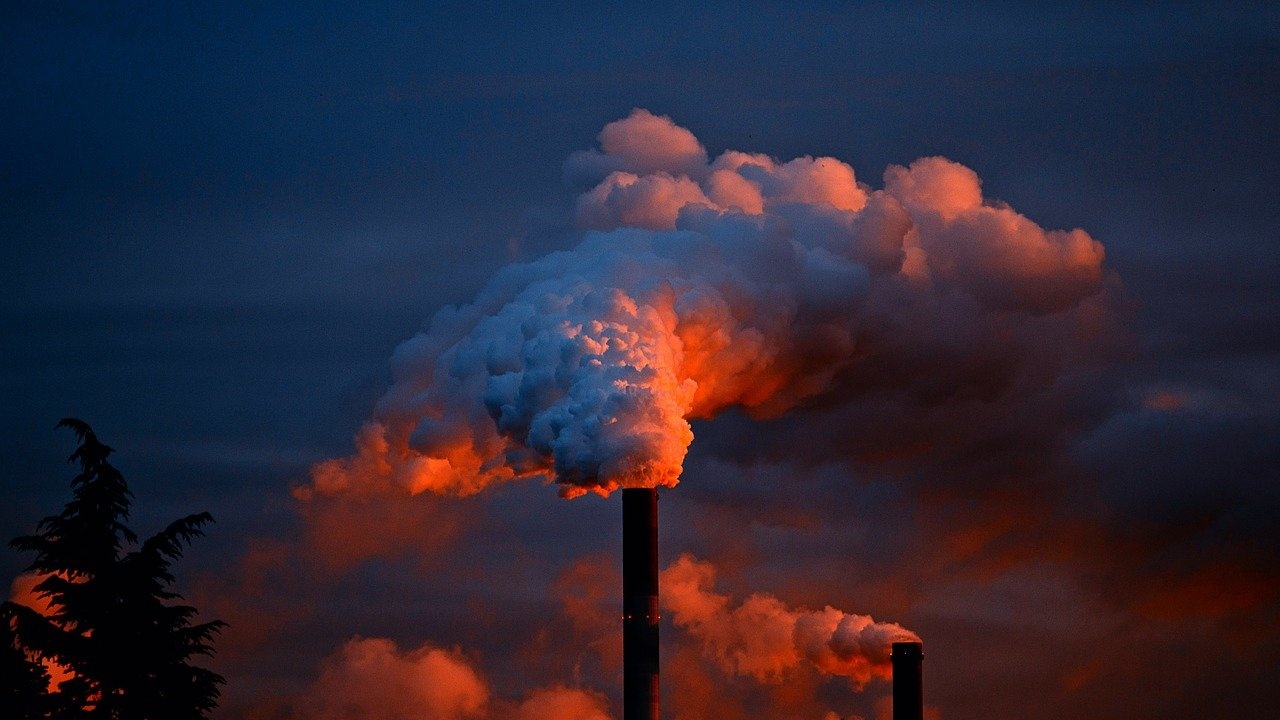Listen to the news
Reducing carbon emissions in heavy industry is a difficult but important task, according to the International Energy Agency (IEA), which today offered the G7 countries to fund technology demonstrators or support the search for more environmentally friendly practices, AFP reported.
The Paris-based agency published a report at the request of Germany during its presidency of the G7, the group of the seven most developed economies, which accounts for 40 percent of the world's economy and emits 25 percent of its carbon emissions.
Heavy industry (chemistry, cement, ferrous metallurgy) is a key sector in the fight against climate change, as it is still a major consumer of coal and gas.
It emits 6 billion tons of carbon dioxide a year, more than one-sixth of the world's energy system.
"It will be impossible to achieve carbon neutrality without drastically reducing emissions from heavy industry and the G7 economies have both the responsibility and the chance to play a leading role," said IAEA Executive Director Fatih Birol.
However, this goal faces a significant obstacle: emission reduction technologies in the relevant sectors are not yet very advanced and are at the prototype or demonstrator stage.
Strong competition in international markets also leaves too little room for financial maneuvering for companies to invest.
Dirty air contributes to serious complications in COVID-19 patients
In response to these difficulties, the IEA has made a dozen recommendations to the G-7.
The Agency first proposes that a roadmap be drawn up in each Member State by 2025 to set clear stages and objectives for the decarbonisation industry.
It also recommends funding a portfolio of technology demonstrators with at least two or three or three low-emission production methods in both steel and cement production.
Another direction is to encourage the demand for more environmentally friendly products, for example through long-term government contracts.
The IEA also encourages the involvement of the cement sector in the next COP27 climate conference in Egypt, after discussions on steel production at the COP26 conference in Glasgow were identified as fruitful.
filthy air
pollution
MAY
G-7
